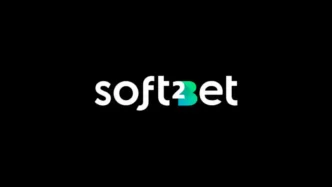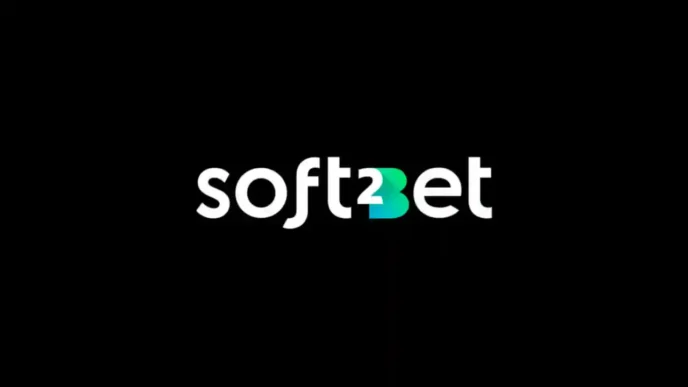Michigan lawmakers have introduced legislative measures aimed at increasing taxes on online casinos and sports betting operations in the state. Sponsored by Senators Sam Singh and Jeremy Moss, Senate Bills 1193 and 1194 propose amendments to the 2019 Lawful Sports Betting Act and the 2019 Lawful Internet Gaming Act, respectively.
Currently, the state’s sportsbooks pay an 8.4% tax on adjusted gross revenue from sports betting, while online casinos are taxed on a graduated scale, ranging from 20% to 28% depending on their annual revenue. The proposed changes would slightly raise the sports betting tax to 8.5% and increase each tier of the iGaming tax rate by 1%.
These proposed adjustments also include changes in how the tax revenue is distributed. For sports betting, the share allocated to cities hosting the sportsbooks would rise from 30% to 31%, while the Michigan agriculture equine industry development fund would see its share increase from 5% to 5.5%. The state’s general fund allocation, however, would decrease slightly from 65% to 63.5%. In the case of iGaming revenue, the city share remains at 30%, but the state general fund would receive 64.5%, and the equine fund would maintain a 5.5% share.
The reasoning behind these tax adjustments has not been explicitly detailed by the lawmakers. However, the proposal comes at a time when other states, such as Illinois, have implemented significant tax increases in the gaming industry. Illinois recently introduced a progressive tax structure for sports betting, with rates reaching as high as 40%. In comparison, Michigan’s proposed increases are relatively modest, reflecting a more cautious approach to balancing state revenue needs with industry sustainability.
Despite the modest nature of the proposed increases, they could still impact Michigan’s gaming market. According to the Michigan Gaming Control Board’s recent revenue report, several major operators, including FanDuel, BetMGM, DraftKings, Caesars, and BetRivers, already fall into the highest tax bracket for iGaming. Under the new proposal, these operators would face a 29% tax rate, potentially affecting their operations and profitability.
The potential impact on Michigan’s gaming market extends beyond operators. Consumers could see changes in promotional offerings or pricing as companies adjust to the higher tax burden. Conversely, the additional revenue generated by the tax increases could support vital public services and initiatives, including contributions to Michigan’s agriculture and equine industries.
The gaming industry in Michigan has seen substantial growth since the legalization of online gambling and sports betting in 2019. The proposed legislation reflects the state’s ongoing efforts to adapt to this evolving landscape while ensuring a fair and balanced approach to regulation and taxation. By implementing modest tax increases, Michigan aims to secure additional revenue without imposing overly burdensome costs on operators or discouraging market growth.
As these proposals move through the legislative process, they will likely spark discussions about the balance between state revenue needs and the health of the gaming industry. The experience of other states, such as Illinois, highlights the challenges and potential consequences of significant tax hikes, offering valuable insights for Michigan lawmakers.
The outcome of this legislative effort will play a key role in shaping the future of Michigan’s gaming industry. If approved, the tax increases could set a precedent for other states seeking to fine-tune their approaches to regulating and taxing online gambling and sports betting.
While the debate over gaming taxation continues, Michigan’s proposed adjustments represent a measured step in addressing the complex dynamics of a rapidly growing industry. By carefully weighing the needs of the state, operators, and consumers, lawmakers aim to create a sustainable framework that supports long-term growth and development.
Related posts:
Sportingtech Partners with CreedRoomz to Revolutionize Live Casino Gaming













